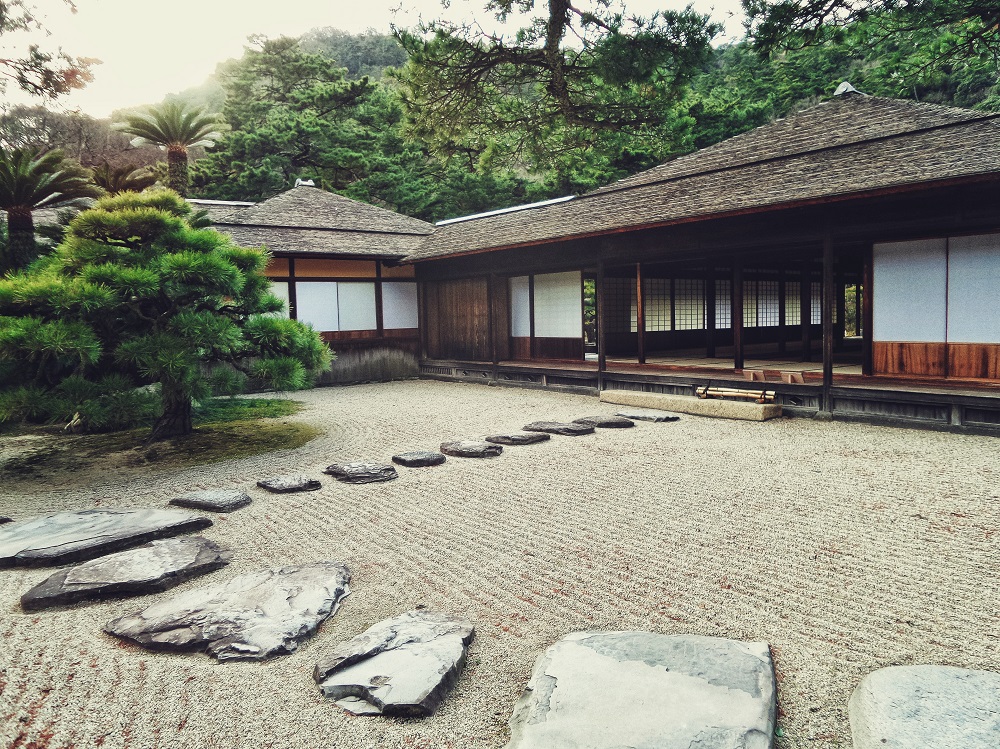If you craft woodwork for a living or as a side hustle, it’s best to have a workshop away from your main home. The detached place can keep the dirt you generate while working from affecting the air quality inside your home. However, when you’re only starting, it can be inevitable to use your main spaces as your temporary workshop.
Dust particles from sanding and sawing can be caught in your HVAC’s filters, and they may soon adhere to your air ducts, too. They may pose contaminants in the air and trigger allergic reactions.
Hence, if your woodwork business is rapidly growing, note these ways to keep your home and workshop clean:
1. Keep the Air Clean
If you’re on a budget, use a furnace filter and attach it to the air intake side of a box fan. The dust particles from your woodwork will be drawn to the filter instead of spreading in the air. And of course, regularly clean or replace the filter before it gets clogged.
Periodically inspect your air ducts, too, especially if your workshop or basement is exposed to humidity. Mold may develop in the ducts, and you may not notice them immediately if they’re covered in dust, too. The telltale sign of a moldy air duct is a musty smell that fills the air when you run your furnace or AC. Once you notice those, avail trustworthy duct cleaning services as soon as you can.

2. Protect the Floors
Instead of letting your floors — whether your home’s or your workshop’s — catch all the sawdust, lay down a carpet pad to keep them clean. Stop the edges from curling by taping them down. The soft flooring of the carpet also secures your safety, so don’t skip this step.
3. Dust Every Day
Dust not just your floors and work tables, but also the woodwork themselves. Run a feather duster over the surfaces daily to prevent dust buildup. You may also wipe them with a soft damp cloth to keep dust from flying in the air.
4. Use an Appropriate Vacuum Cleaner
Choose a wet/dry vacuum cleaner, and remove the dirty filter by transferring it into a garbage bag. Grip the bag’s open end and gently tap the filter to dislodge all the dust. Set the bag down next, and wait for all the dust to settle before taking out the filter inside. Disposing of the dirt this way is safer than simply dumping it in your backyard.
5. Try Natural Cleaners
Explore natural solutions to keep your woodwork clean and polished. A mixture of canola oil and vinegar can make wood retain its glow and protect it against the elements and insects. If you want to make the wood extra shiny, olive oil can do the trick. Mix it with pure lemon juice, gum turpentine, and denatured alcohol.
Kill the germs on your woodwork by wiping them with a soft cloth damped with a white vinegar and water solution.
6. Control the Mess
Your work table could suffer blows and other pieces of evidence of a messy job, so protect it by layering the tabletop with a rosin paper. Simply tear it off when it already served its purpose.
7. Use the Right Blow Gun
Lastly, to shove dust in one go, use a blowgun with multiple openings and tapered tips. That will blow away the dust buildup with more power, tidying up your workshop in an instant.
You, your family, and your home will be kept safe and healthy with a clean work area. Your professionalism will also be praised, attracting more business and success.


